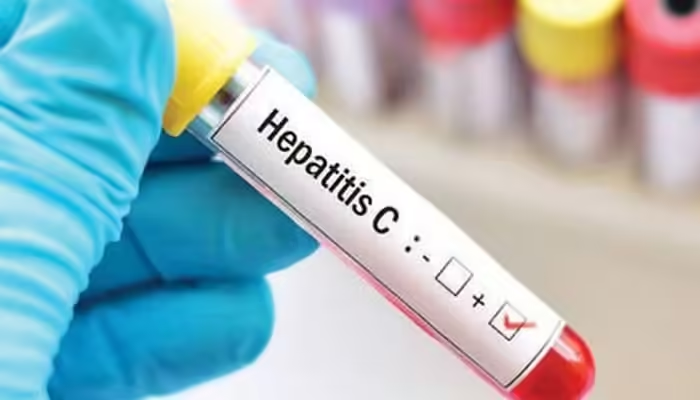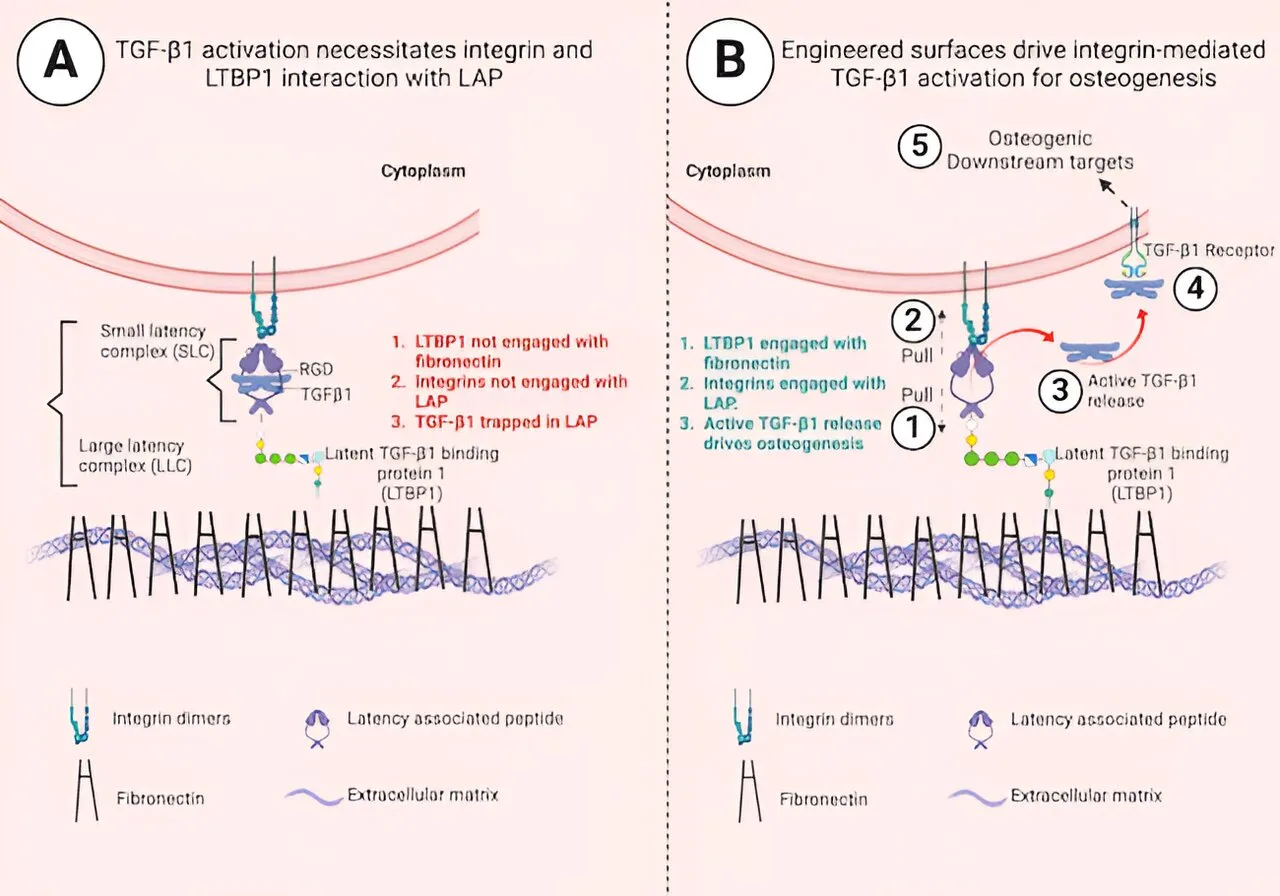Introduction
Pakistan is grappling with a significant public health challenge as hepatitis C continues to affect a substantial portion of its population. In a recent appeal to the international community, Pakistan requested $250 million to support the screening and treatment of hepatitis C, aiming to eradicate the disease by 2030. Dr. Mukhtar Bharth, the Prime Minister’s Coordinator for Health, highlighted the severity of the situation at an awareness program on hepatitis, emphasizing the government’s commitment to eradicating the silent epidemic.
Government’s Commitment and Allocation of Resources
The federal government, in collaboration with provincial administrations, has already allocated Rs. 70 billion for the screening and treatment of hepatitis C. This fund is intended to cover 50% of the population, ensuring that those affected receive the necessary medical attention. Dr. Mukhtar Bharth stressed that the remaining 50% of the population requires urgent attention, which is why Pakistan is seeking an additional $250 million from the international community.
Dr. Mukhtar highlighted that the eradication of hepatitis C is a critical priority for the government, and coordinated efforts are being implemented across the country. The program aims to screen individuals over the age of 12, allowing for early detection and timely treatment. The government’s commitment is underscored by the fact that the screening and treatment services will be provided free of cost, reflecting the seriousness with which the health authorities are approaching this public health crisis.
The Silent Epidemic: Hepatitis C in Pakistan
Hepatitis C is often referred to as a “silent disease” due to its lack of symptoms in the early stages. This makes it particularly dangerous, as many individuals remain unaware of their infection until it progresses to more severe stages. The high prevalence of hepatitis C in Pakistan is alarming, with Punjab alone reporting that 8.9% of its population is affected by the virus.
Dr. Mukhtar warned that if hepatitis C is not eradicated by 2030, Pakistan could face serious consequences on the international stage, including potential travel restrictions. The global community is increasingly vigilant about controlling infectious diseases, and failure to contain hepatitis C could result in Pakistan being viewed as a health risk by other countries.
International Support: A Critical Need
The appeal for $250 million from the international community is a crucial step in Pakistan’s fight against hepatitis C. Dr. Mukhtar expressed hope that the global community would recognize the urgency of the situation and provide the necessary funding. The eradication of hepatitis C requires a concerted effort not just within Pakistan but also from international stakeholders who understand the importance of global health security.
Pakistan’s request comes at a time when global health initiatives are increasingly focusing on the eradication of infectious diseases. The World Health Organization (WHO) has set a global target to eliminate hepatitis C as a public health threat by 2030. For Pakistan, achieving this goal will require both domestic and international support, particularly in terms of funding for screening, treatment, and public awareness campaigns.
Public Awareness and Prevention
Dr. Mukhtar emphasized that the battle against hepatitis C cannot be won without the active participation of the public. He urged citizens to be vigilant about the factors that contribute to the spread of the virus, such as unsafe blood transfusions and the use of contaminated medical instruments. Public awareness campaigns are essential in educating people about the risks associated with hepatitis C and the importance of regular screening.
One of the key messages conveyed by Dr. Mukhtar was the importance of being cautious with items that may be contaminated with another person’s blood. Given that there is currently no vaccine available for hepatitis C, prevention plays a critical role in controlling the spread of the virus. The government is committed to ensuring that the public is well-informed about the risks and the steps they can take to protect themselves and their loved ones.
Effective Treatment and Future Outlook
Despite the challenges, there is hope in Pakistan’s fight against hepatitis C. The country has access to highly effective treatments for the virus, with a success rate of over 95%. This is a significant achievement, and it underscores the potential for Pakistan to make substantial progress in eradicating the disease by 2030.
The government’s coordinated approach, combined with international support, could pave the way for Pakistan to overcome this public health crisis. However, sustained efforts are needed to ensure that the entire population is screened and treated, and that public awareness about hepatitis C continues to grow.
Pakistan’s appeal for $250 million from the international community is a critical step in its efforts to eradicate hepatitis C by 2030. With a strong commitment from the government and the provinces, significant resources have already been allocated to tackle the disease. However, the scale of the challenge requires global support. By working together, Pakistan and the international community can help ensure that hepatitis C is no longer a silent epidemic, but a disease of the past.



